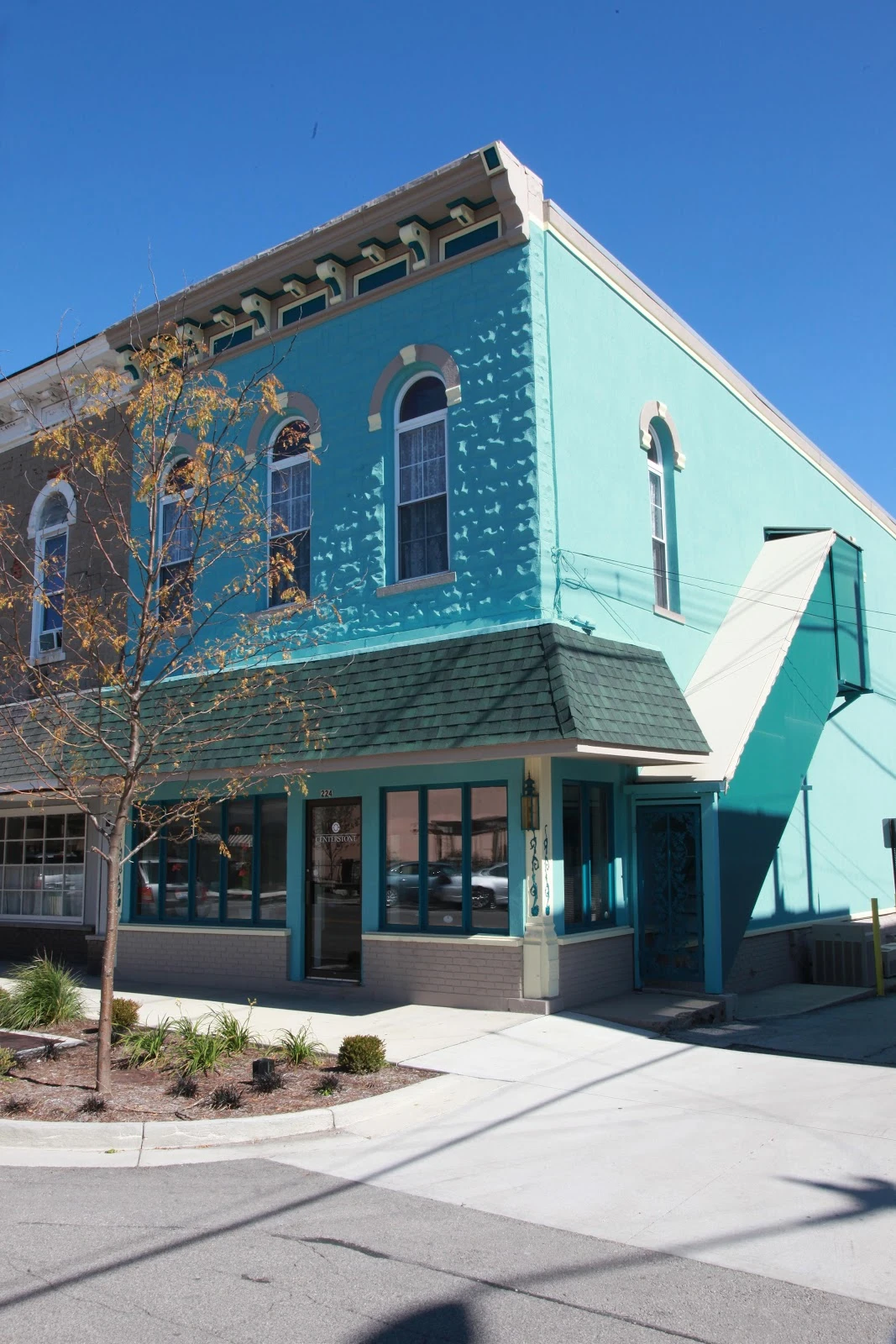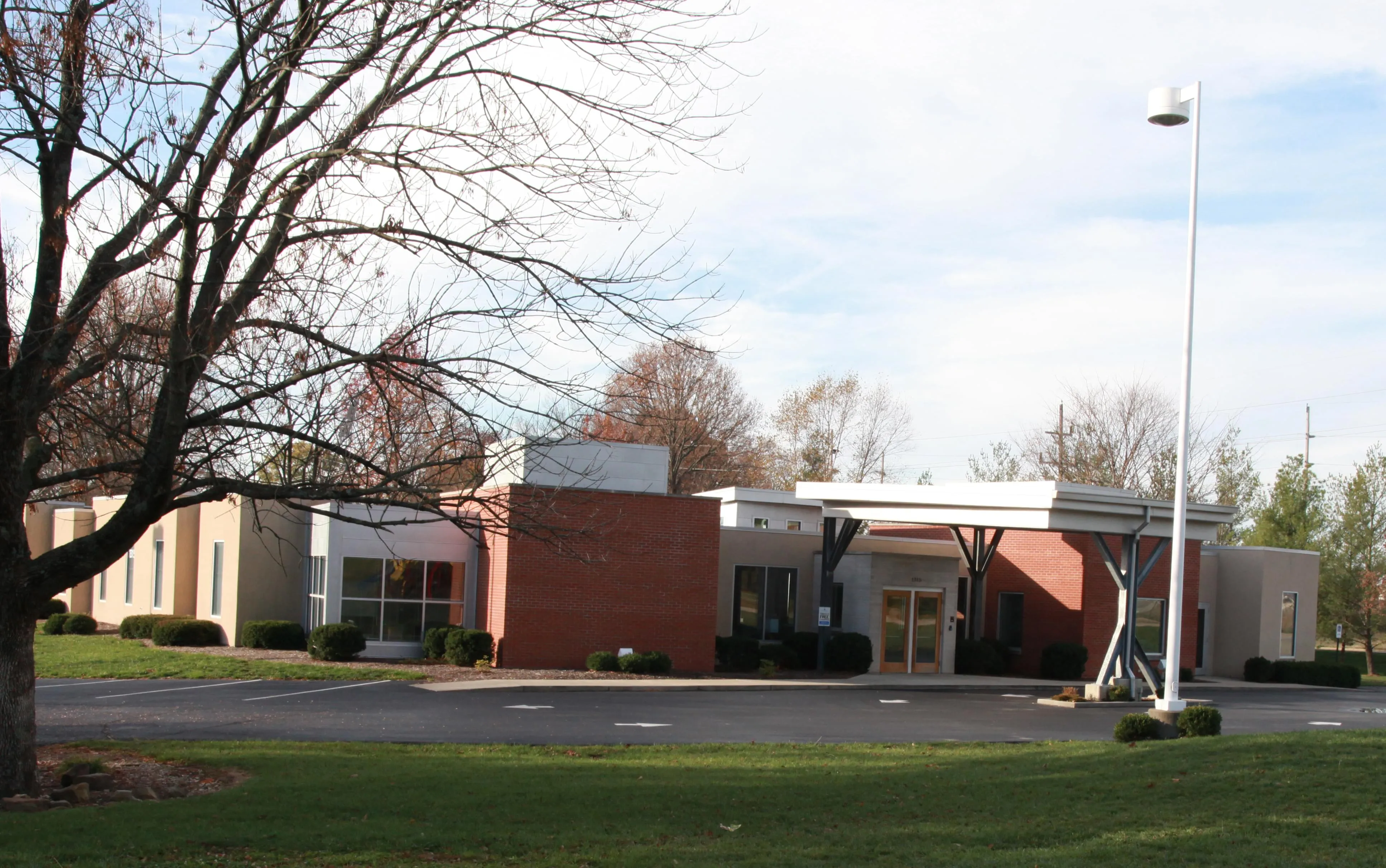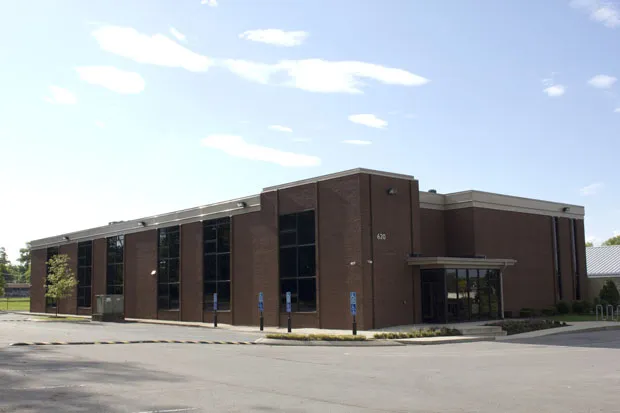Centerstone Addiction Center, based in Bradenton, Florida, offers comprehensive assistance to people dealing with substance use disorders and mental health difficulties. The clinic caters largely to adults and provides personalized treatment plans tailored to each client's specific needs. Programs are inclusive, with no emphasis on gender or faith-based criteria, ensuring that all people receive the care they need to recover.
The institution provides a variety of treatments, including detoxification, residential rehabilitation, intense outpatient care, partial hospitalization, outpatient counseling, and aftercare. Centerstone uses evidence-based treatment techniques including as Medication-Assisted Treatment (MAT), Cognitive Behavioral Therapy (CBT), group and individual therapy, family counseling, and relapse prevention to provide a comprehensive approach to recovery. The institution also emphasizes the need of family involvement in the healing process, offering customized care to loved ones. Centerstone Addiction Center is accredited by The Joint Commission and maintains excellent standards of service in both mental health and addiction therapy.
Centerstone Behavioral Hospital and Addiction Center Information
Treatment
Who We Treat
- Male and Female
- LGBTQ+
- Veterans
Treatment Focus
- Licensed Primary Mental Health
- Drug Addiction
Approaches
- Personalized Treatment
- Evidence-Based
- Family Therapy
- Group Therapy
- Cognitive Behavioral Therapy (CBT)
- Dialectical Behavior Therapy (DBT)
- 1-on-1 Counseling
- Medication-Assisted Treatment (MAT)
- Life Skills Training
- Relapse Prevention Counseling
Conditions We Treat
- Depression
- Anxiety
- Post Traumatic Stress Disorder (PTSD)
- Obsessive Compulsive Disorder (OCD)
- Trauma
- Psychosis/Schizophrenia
- Schizophrenia
- Eating Disorders
- Co-Occurring Disorders
Substances We Treat
- Alcohol
Languages
- English
- Spanish
Aftercare
- Discharge Planning
- Relapse Prevention Planning
- Continuing Care
- Support Meetings
Level of Care
- Outpatient
- Aftercare/Continuing Care
Experience
On-Site Amenities
- Lounge
- Air-Conditioned Rooms
- Outdoor Space
- Fitness Center
- Recreation Room
Personal Amenities
- Private or Shared Rooms
- Shared Bathroom
Smoking and Vaping Policy
- Smoking Not Allowed
- Vaping Not Allowed
Accreditations
-
State mental health department
State mental health department accreditation refers to the process of evaluating and certifying the quality and standards of a state's mental health department, ensuring that it provides high-quality services and meets specific criteria for mental health care. The accreditation process is performed by a third-party organization and helps to improve the overall care and treatment of individuals with mental health conditions.
-
State department of health
Government agencies issue State Licenses, which grant rehabilitation organizations permission to conduct their operations lawfully within specific geographic regions. Licenses needed to operate are typically determined by the type of rehabilitation program offered by the facility and its physical location.

-
Hospital licensing authority
The Hospital Licensing Authority is responsible for granting licenses to healthcare facilities, ensuring that they meet the standards and regulations set by the government. Accreditation is a process of evaluation and recognition by a third-party organization, confirming that the hospital meets specific quality and safety standards.
-
SAMHSA certification for opioid treatment program (OTP)
Accreditation by the Substance Abuse and Mental Health Services Administration (SAMHSA) for Opioid Treatment Programs (OTPs) signifies that a program has met strict standards for providing high-quality care to individuals with opioid use disorders. It assures patients, families, and communities that the OTP follows evidence-based practices, employs qualified staff and maintains a safe and effective treatment environment. This accreditation reflects the program's commitment to addressing the opioid epidemic and promoting recovery.
-
The Joint Commission
The Joint Commission accreditation for addiction and behavioral health signifies that a facility has met rigorous standards in patient care, treatment, and safety. This recognition assures patients and professionals of the facility's commitment to providing high-quality, evidence-based care in the fields of addiction and behavioral health, fostering trust and confidence in their services.

Additional Locations
Centerstone Behavioral Hospital and Addiction Center Accepts The Following Insurance Plans
Find the best treatment options. Call our free and confidential helpline today!













